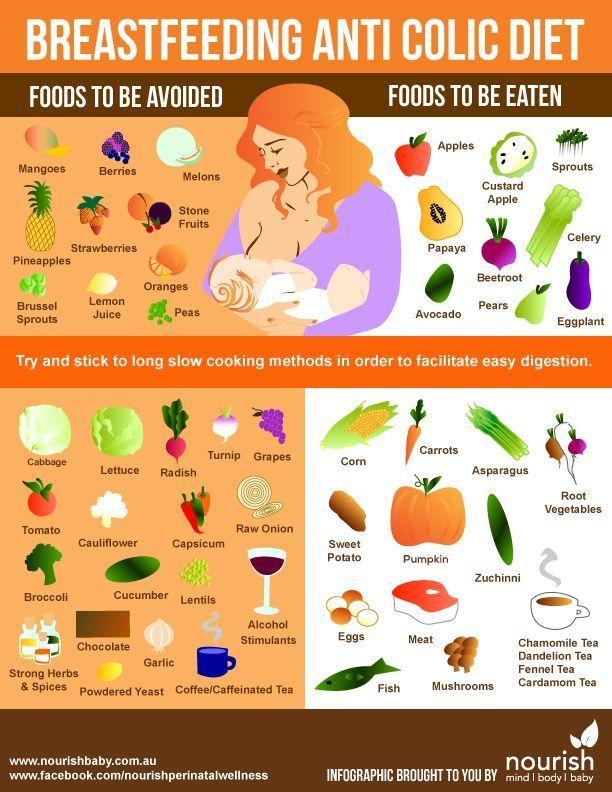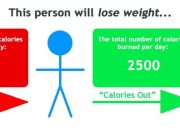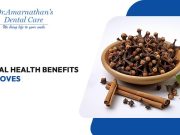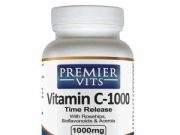Breastfeeding is a beautiful and transformative journey, offering unparalleled nourishment and bonding with your baby. However, as a nursing mother, it’s essential to remember that your own health and nutrition are just as important. Navigating the dietary needs during this time can feel overwhelming, but you’re not alone. This guide aims to provide you with practical tips and compassionate advice for maintaining a healthy breastfeeding diet. By making informed food choices, you can support your own well-being while ensuring your little one receives the best possible start in life. Let’s explore how you can nurture both yourself and your baby through mindful eating and balanced nutrition.
Understanding Nutritional Needs for Nursing Mothers
Ensuring that you’re meeting your nutritional needs while breastfeeding is crucial not only for your health but also for your baby’s development. It’s important to focus on a balanced diet that provides enough energy and nutrients. Here are some essential tips to help guide you:
- Stay Hydrated: Breastfeeding can make you thirsty, so aim to drink plenty of fluids throughout the day. Water, herbal teas, and milk are excellent choices. Try to keep a water bottle handy, especially during feeding sessions.
- Eat a Variety of Foods: Incorporate a range of foods from all food groups to ensure a well-rounded intake of nutrients. Include fruits, vegetables, whole grains, proteins, and healthy fats in your meals.
- Snack Smart: Healthy snacks can provide the extra calories needed for breastfeeding. Consider options like yogurt, nuts, fruits, or whole-grain crackers with hummus.
| Nutrient | Key Benefits | Food Sources |
|---|---|---|
| Calcium | Supports bone health for both mother and baby. | Dairy products, fortified plant milks, leafy greens |
| Iron | Prevents anemia and boosts energy levels. | Lean meats, beans, lentils, spinach |
| Omega-3 Fatty Acids | Promotes brain and eye development in infants. | Fatty fish, flaxseeds, walnuts |
Remember, every mother’s nutritional needs can vary, so it might be beneficial to consult with a healthcare provider or a nutritionist to tailor a diet plan that suits you best. Keeping these guidelines in mind can help you maintain a healthy breastfeeding diet, providing the best nourishment for both you and your baby.

Choosing the Right Foods for Optimal Milk Production
As a breastfeeding mother, ensuring your diet is rich in nutrients is crucial for both your well-being and your baby’s growth. Incorporating a variety of foods can help maintain an abundant milk supply. Here are some essential foods to consider:
- Whole Grains: Foods like oatmeal, brown rice, and barley are not only filling but also help in boosting milk production. They are packed with essential nutrients and fiber, promoting digestive health.
- Leafy Greens: Spinach, kale, and broccoli are excellent sources of calcium, iron, and folate. These nutrients support your body in producing quality milk.
- Nuts and Seeds: Almonds, walnuts, and flaxseeds are rich in healthy fats and protein, which are essential for energy and milk supply.
| Food Type | Benefits | Examples |
|---|---|---|
| Proteins | Vital for tissue repair and growth | Eggs, lean meats, tofu |
| Fruits | Rich in vitamins and antioxidants | Blueberries, oranges, bananas |
| Dairy | High in calcium and vitamin D | Yogurt, cheese, milk |
Hydration is equally important; aim to drink plenty of water throughout the day. Herbal teas like fennel or fenugreek can also support milk production. Remember, every mother’s body is unique, so pay attention to what works best for you and your baby.

Hydration and Its Impact on Breastfeeding
Staying well-hydrated is crucial for breastfeeding mothers, as it directly influences milk production and overall health. Breast milk is composed of about 90% water, which means your hydration levels significantly impact the quantity and quality of milk you produce. Here are some practical tips to ensure you’re getting enough fluids:
- Drink to Thirst: Listen to your body. Your thirst is a reliable indicator of your hydration needs. Always keep a water bottle handy to sip throughout the day.
- Incorporate Hydrating Foods: Foods like cucumbers, watermelon, and oranges not only provide essential nutrients but also contribute to your daily fluid intake.
- Limit Caffeine: While a cup of coffee can be a lifesaver for new parents, excessive caffeine can lead to dehydration. Try to balance your intake with plenty of water.
| Drink | Benefits |
|---|---|
| Water | Zero calories, essential for all bodily functions |
| Herbal Tea | Calming effects, aids digestion |
| Milk | Rich in calcium and vitamin D |
Remember, maintaining adequate hydration not only supports your breastfeeding journey but also enhances your overall well-being. By prioritizing your fluid intake, you’re taking an important step in nurturing both yourself and your baby.

Meal Planning Strategies for Busy Moms
As a busy mom, maintaining a balanced diet while breastfeeding can be challenging. Prioritizing your nutrition is essential, not just for your health, but for your baby’s growth and development. Here are some strategies to help you stay on track:
- Batch Cooking: Dedicate a few hours each week to prepare meals in advance. Cook large batches of nutrient-rich foods like soups, stews, and casseroles that can be easily reheated.
- Healthy Snacking: Keep easy-to-grab snacks on hand such as nuts, yogurt, and fruits. This ensures you have quick, nutritious options when hunger strikes.
- Hydration: Staying hydrated is crucial for milk production. Aim for at least 8-10 glasses of water daily, and consider adding herbal teas or infused water for variety.
| Meal | Quick Options |
|---|---|
| Breakfast | Oatmeal with fruits, Whole grain toast with avocado |
| Lunch | Quinoa salad, Grilled chicken wraps |
| Dinner | Stir-fried veggies with tofu, Lentil soup |
Remember, it’s okay to seek help when needed. Involve your family in meal preparation or consider using meal delivery services to ease the load. The goal is to nourish yourself while enjoying the beautiful journey of motherhood.








































